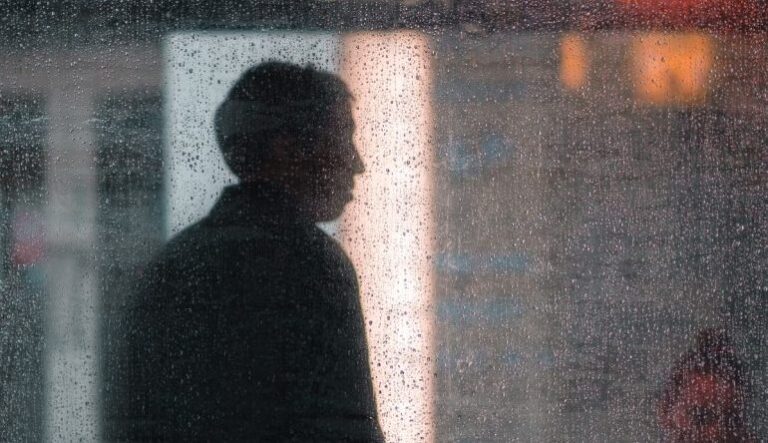Try to Become Him
One thing I’ve learned teaching in the Cornell Prison Education Program is that a person in prison, more often than not, is someone whose whole life has felt like a long imprisonment. People don’t become prisoners at random. First came the violences of neglect or poverty. Or the glimpses of horror. As children, they were the first to find their father’s body, or the last hope to feed their family. These are not uncommon beginnings. And yet, knowing their lives had been marked by this, I was still surprised at the particular ways they interpreted stories.
Early in the semester was Tim O’Brien’s The Things They Carried. I didn’t see it coming, but to them, it was a study of the incarcerated mind. They recognized how one’s thoughts in a hostile environment are prone to wanderlust, how a person can “slip away into daydreams, just pretending.” Yes, they agreed, “imagination was a killer,” but a necessity, too, as it was for Lieutenant Cross. They understood how O’Brien’s soldiers could be “too frightened to be cowards.” Yes, there are expectations in prison: keep the emotions to a minimum, keep the personal holed up so that it can’t be used against you. Walk coolly past the meanness, the stabbing, don’t look flustered, keep kindness under wraps, don’t let a soul take advantage of you. Both war and prison can turn you into monsters, one said, and many nodded.
A few weeks later, Charlotte Perkins Gilman’s “The Yellow Wallpaper” again read to them as an allegory of imprisonment. Of course the pattern on a wall can become embodied. One of the old timers in the class told of a guy he knew who’d befriended a cockroach while in solitary confinement. They each seemed to shudder—privately, of course—at the depiction of the mind’s frailty under duress. I think they each felt the real possibility of becoming that narrator.
I was enlarged myself by their readings, and told them so. One of the most satisfying parts of a teacher’s work is making a student’s ideas, grounded in experience and deep reflection, feel legitimate. This prison program gives them a platform to be listened to and taken seriously, and this makes all the difference, considering that only a person who feels like he matters will open his mouth to speak at all. Self-worth is the difference between a blank page and a stab at text. A student must believe he has knowledge to make and share. When he searches that middle distance in front of him—as we all do in the act of writing—trying to follow the moths of his thoughts, he must believe that in his air flits thoughts worth pursuing. Prison can make a person’s air feel empty. Seeing students writing diligently in a space of meditative quiet is gratifying in any classroom, but especially in prison, where communal silence, nearly impossible to come by, is a sanctuary.
But tantamount to realizing that their readings matter is realizing that their readings are not enough. None of ours are. Virginia Woolf’s “Do not dictate to the author, try to become him” presided over us on the blackboard. Is this possible? There was debate in class. I believe it is, and I tried communicating this to them, that expanding one’s perspective is possible, is necessary even, as necessary as O’Brien’s “imagination,” is an act of imagination itself. I told them that before meeting them I’d never envisioned prisoners to be gentle, or smart, or afraid, or wanting desperately to repair themselves. Now I know better. I’ve been changed beautifully and irrevocably by brushing up against realities I once didn’t understand.

